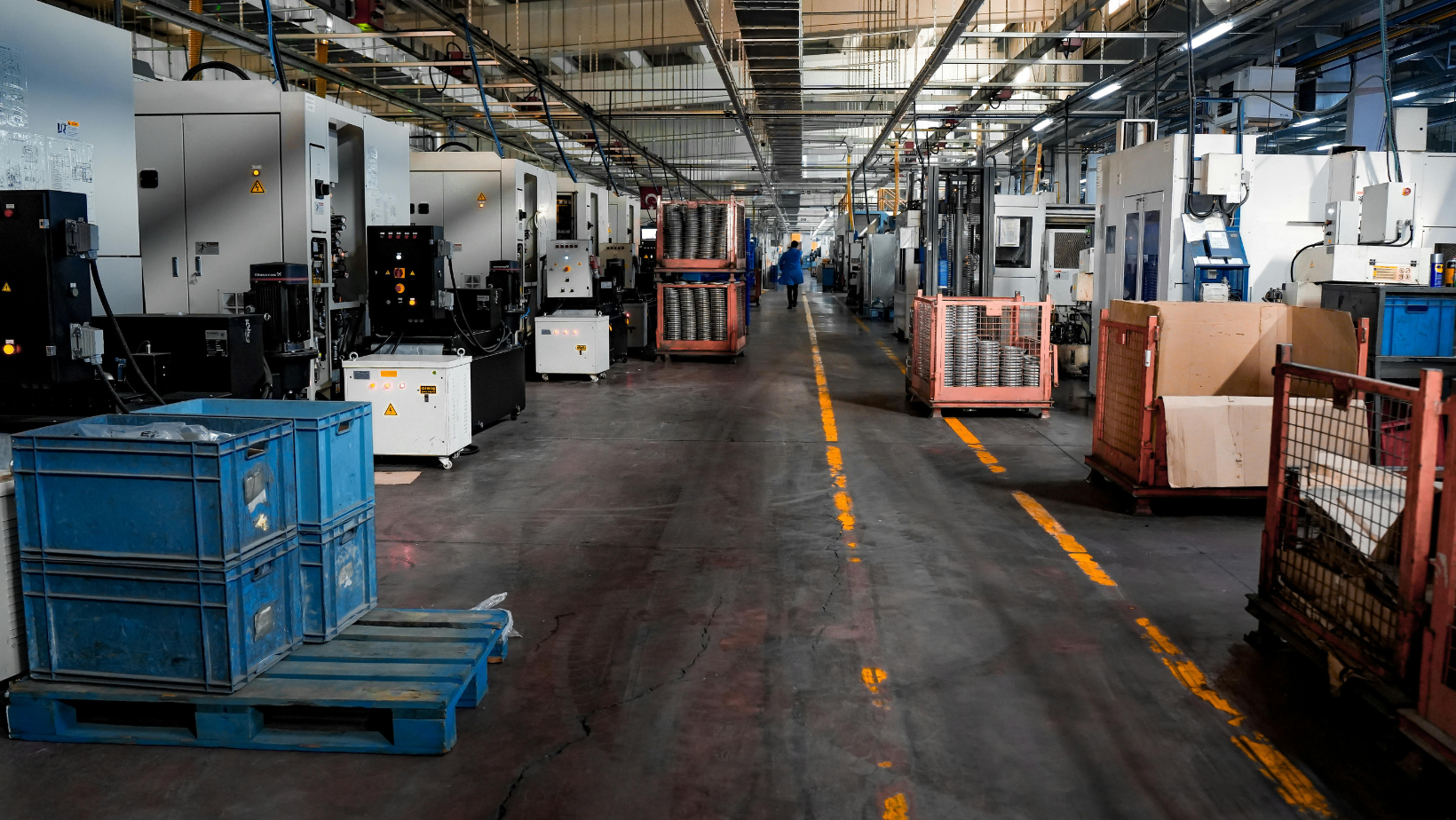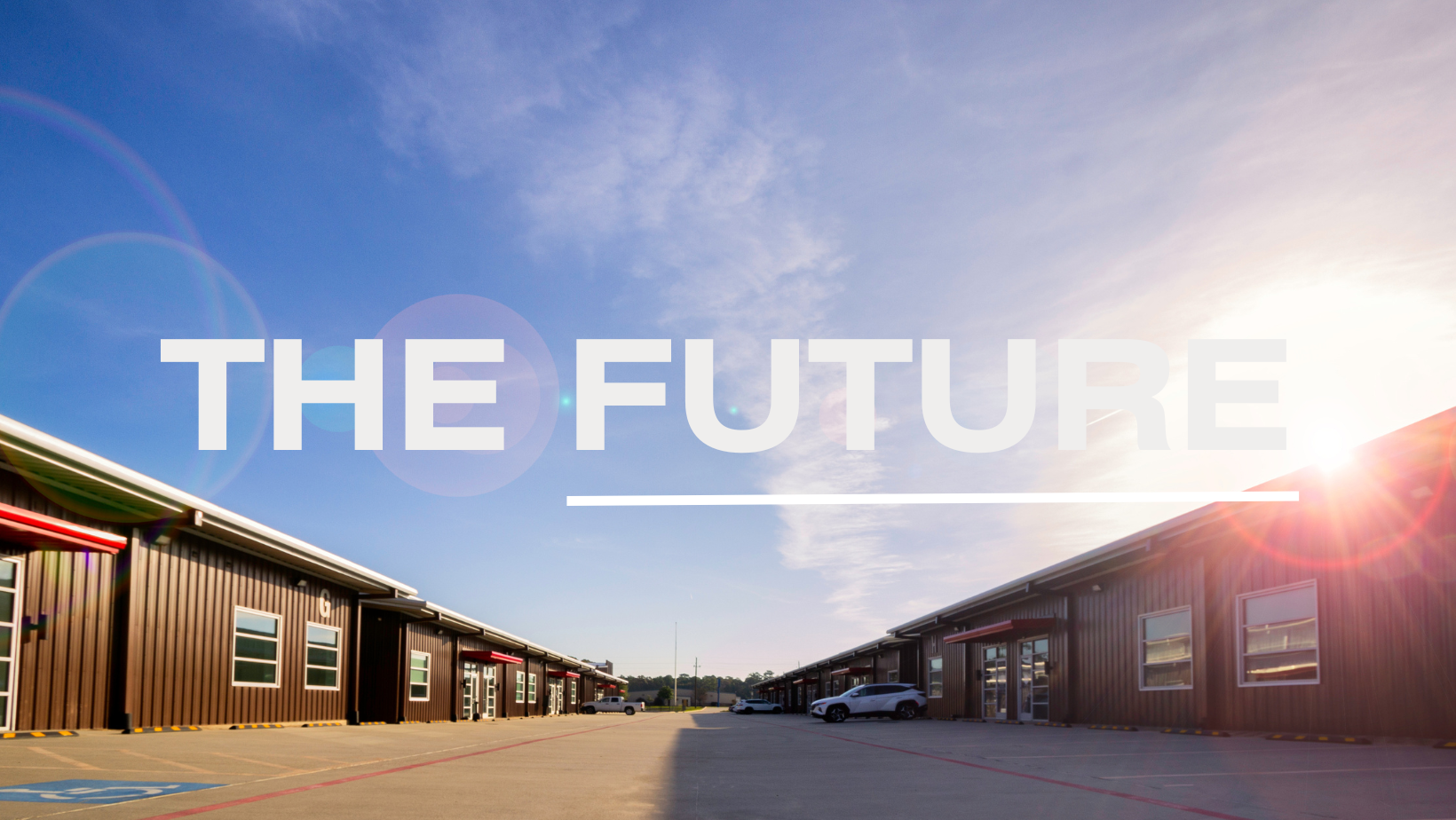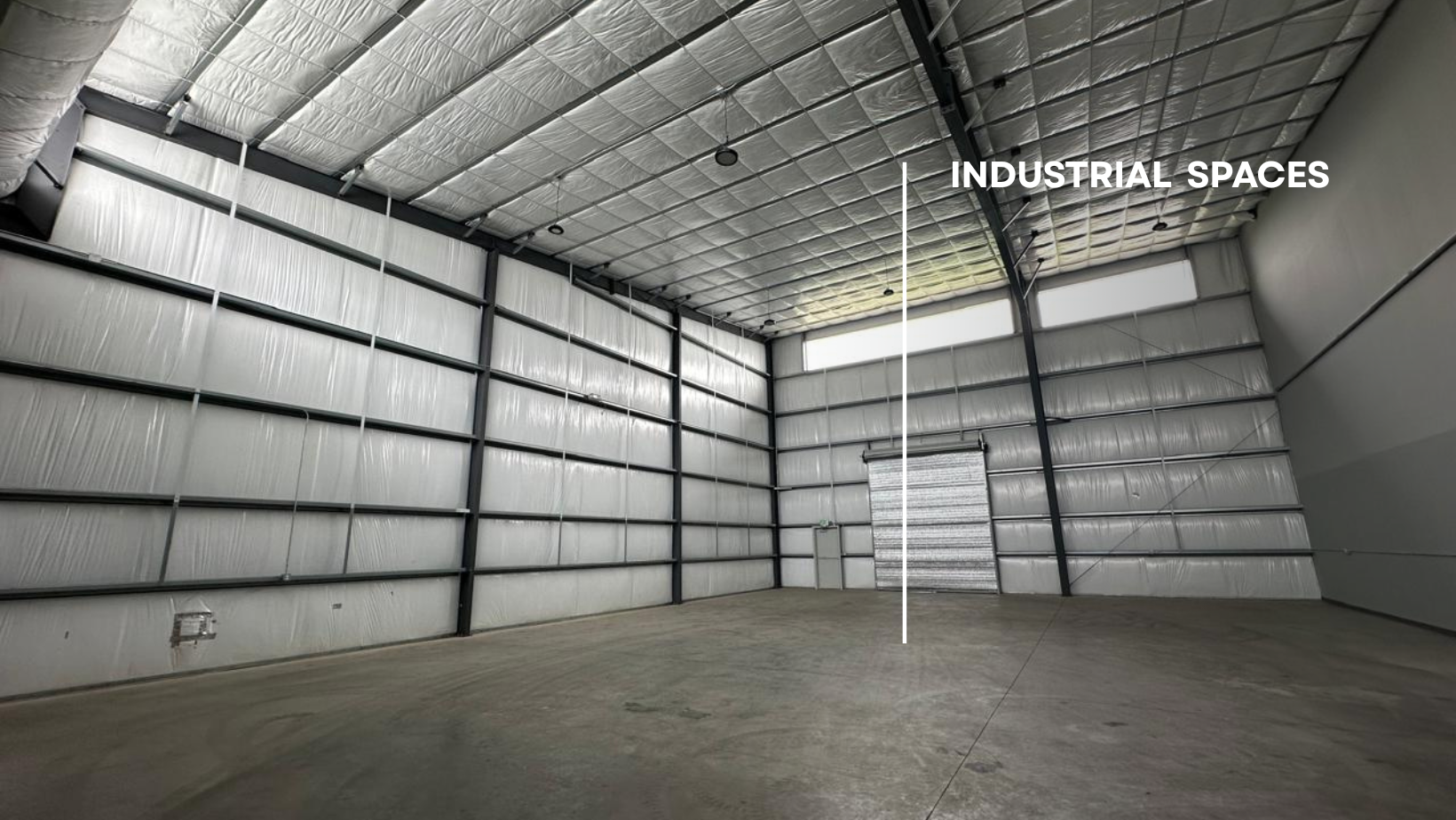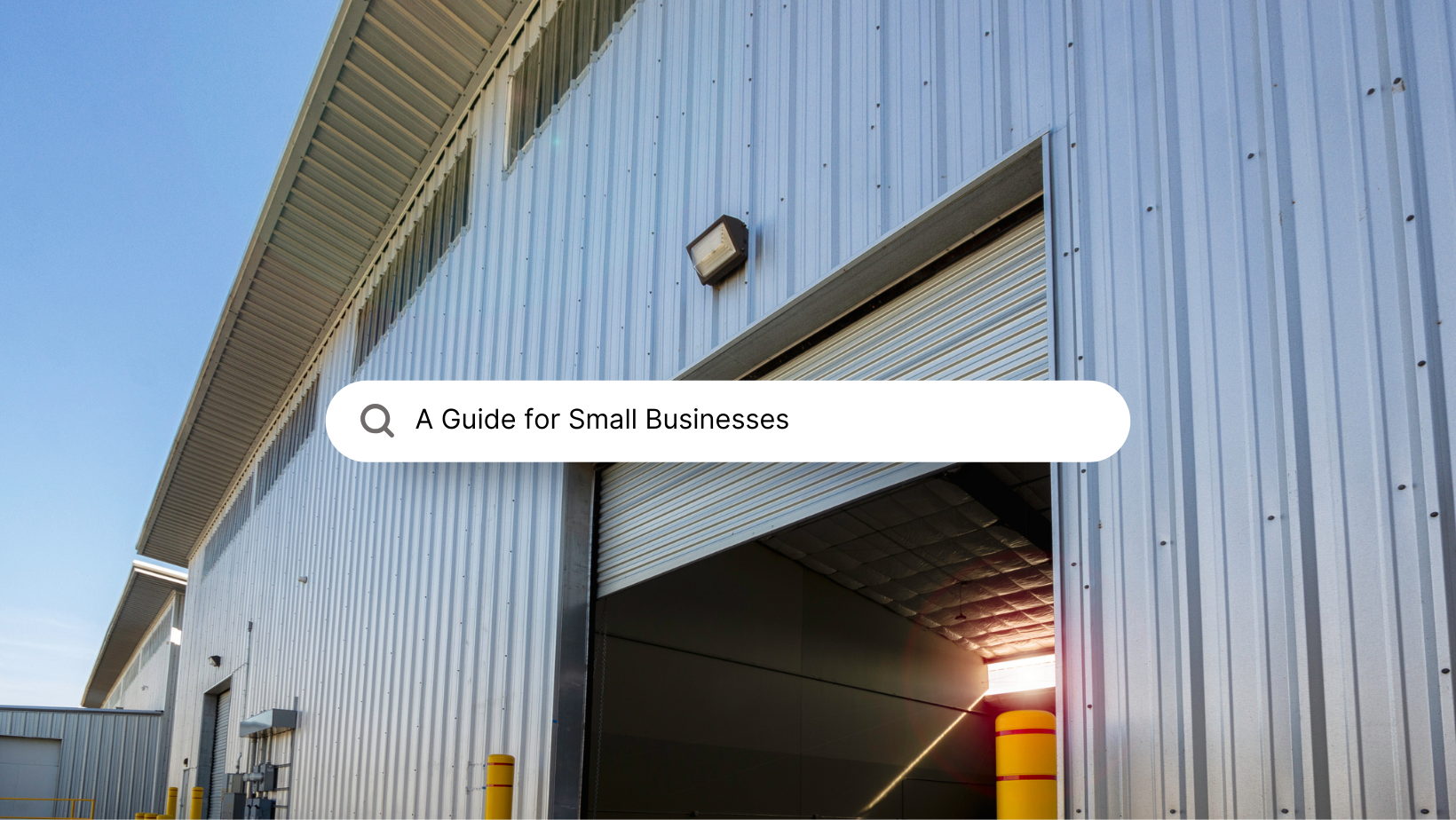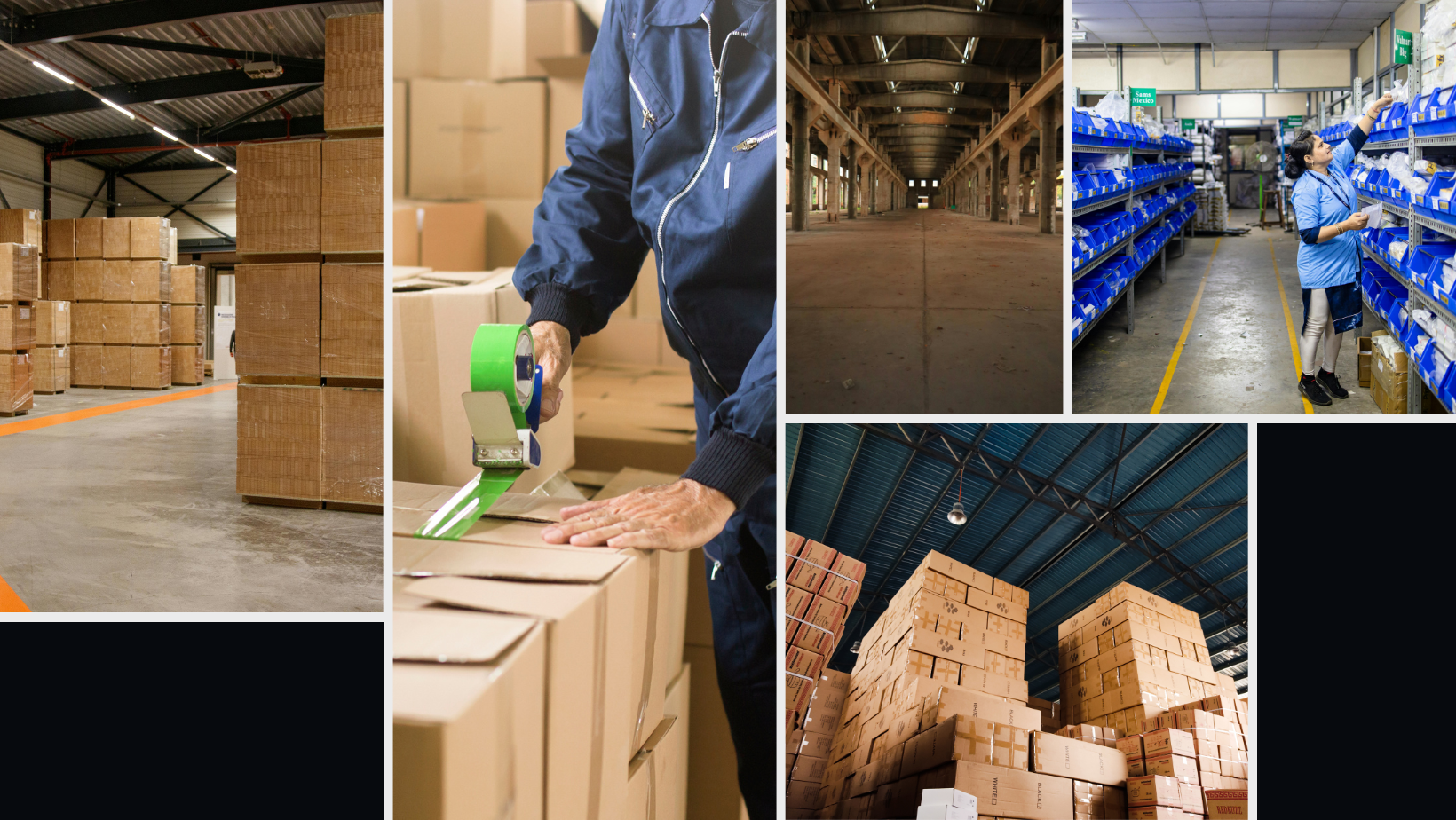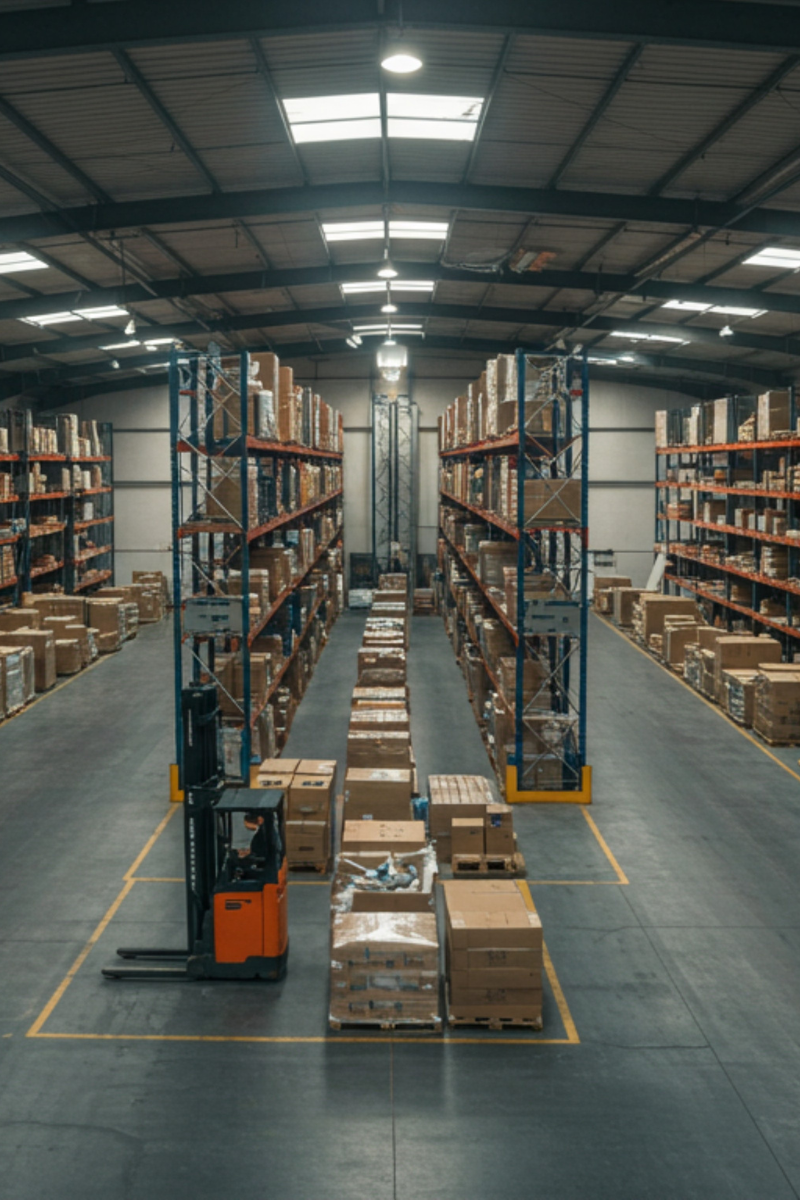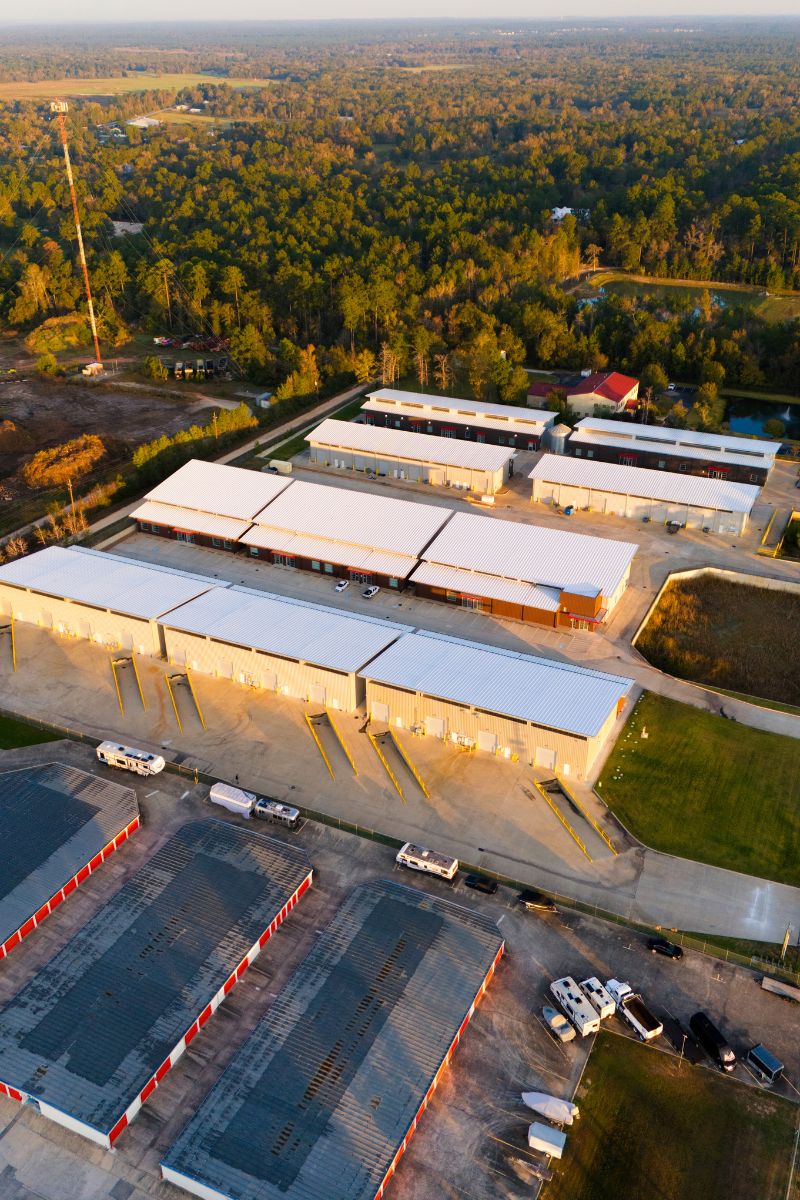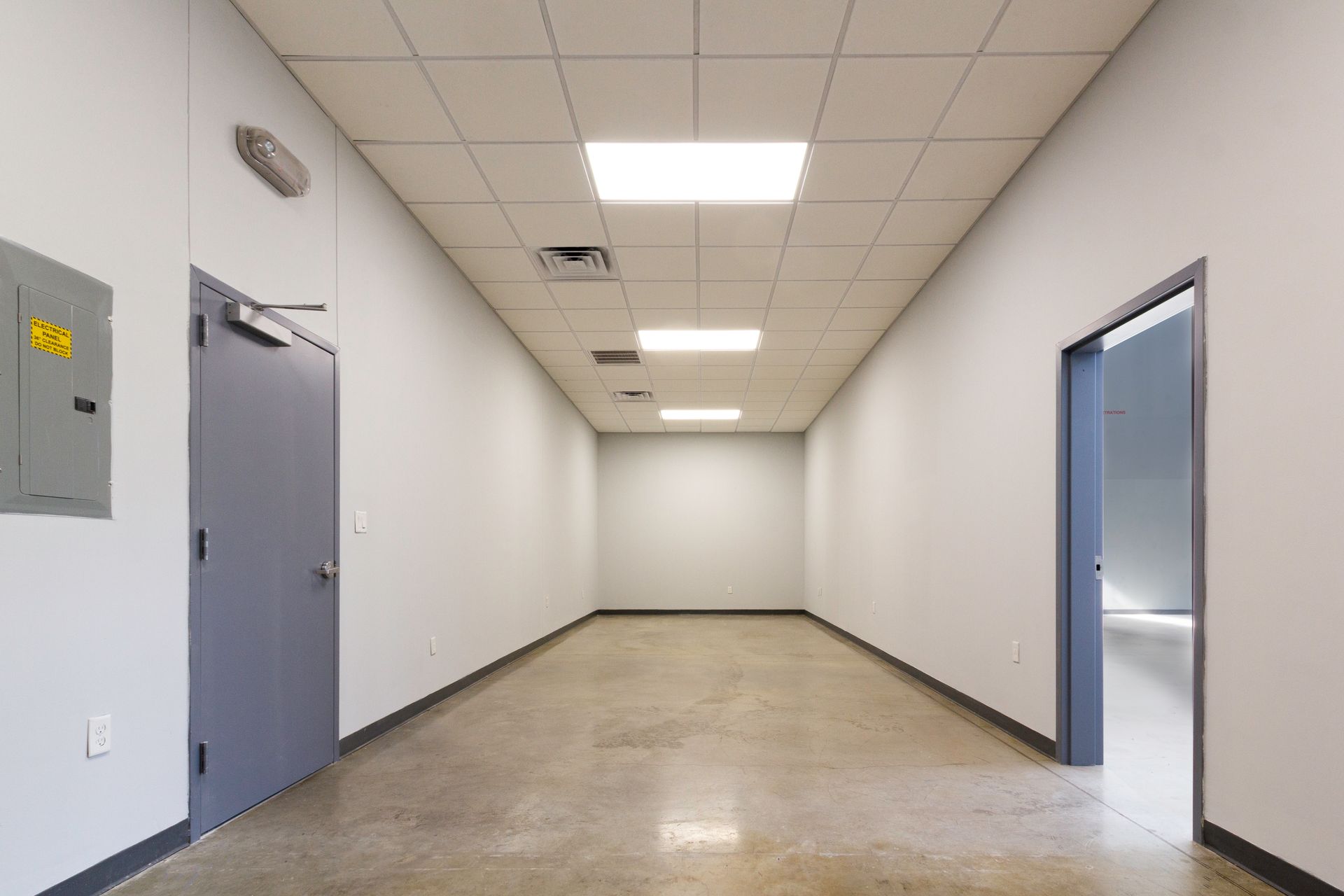
The traditional office model is undergoing a seismic shift, driven by technological advancements, changing workforce demographics, and a growing emphasis on work-life balance. As a result, flexible workspaces are emerging as a pivotal solution for businesses seeking to adapt to the evolving needs of their employees and the broader market.
What are Flexible Workspaces?
Flexible workspaces, also known as coworking spaces or shared offices, offer a departure from the traditional 9-to-5 office environment. They provide individuals and teams with a variety of workspace options, including private offices, dedicated desks, and open coworking areas. These spaces are often equipped with modern amenities, high-speed internet, and communal areas for networking and collaboration.
Why Are Flexible Workspaces Becoming So Popular?
- Increased Flexibility and Work-Life Balance: Flexible workspaces empower employees to work from locations that suit their needs, whether it's their home, a coffee shop, or the coworking space itself. This flexibility can lead to improved work-life balance, reduced stress, and increased job satisfaction.
- Cost-Effectiveness: For businesses, renting a flexible workspace can be more cost-effective than maintaining a traditional office. These spaces often come with flexible lease terms and include utilities, cleaning services, and other amenities, reducing overhead costs.
- Enhanced Collaboration and Innovation: Coworking spaces foster a collaborative environment where individuals from diverse backgrounds can connect, share ideas, and form new partnerships. This can lead to increased innovation and creativity.
- Attracting Top Talent: In today's competitive job market, offering flexible work arrangements is essential for attracting and retaining top talent. Flexible workspaces can help businesses stand out as employers of choice.
- Scalability: As businesses grow or shrink, flexible workspaces can easily adapt to their changing needs. This scalability eliminates the need for long-term commitments to traditional office leases.
The Future of Work
The rise of flexible workspaces is a clear indication that the future of work is becoming increasingly flexible and adaptable. As technology continues to advance and the workforce becomes more diverse, we can expect to see even more innovative workspace solutions emerge.
In conclusion, flexible workspaces are not just a passing trend; they are a fundamental shift in how we work. By embracing these spaces, businesses can create a more productive, engaged, and innovative workforce, positioning themselves for success in the years to come.

